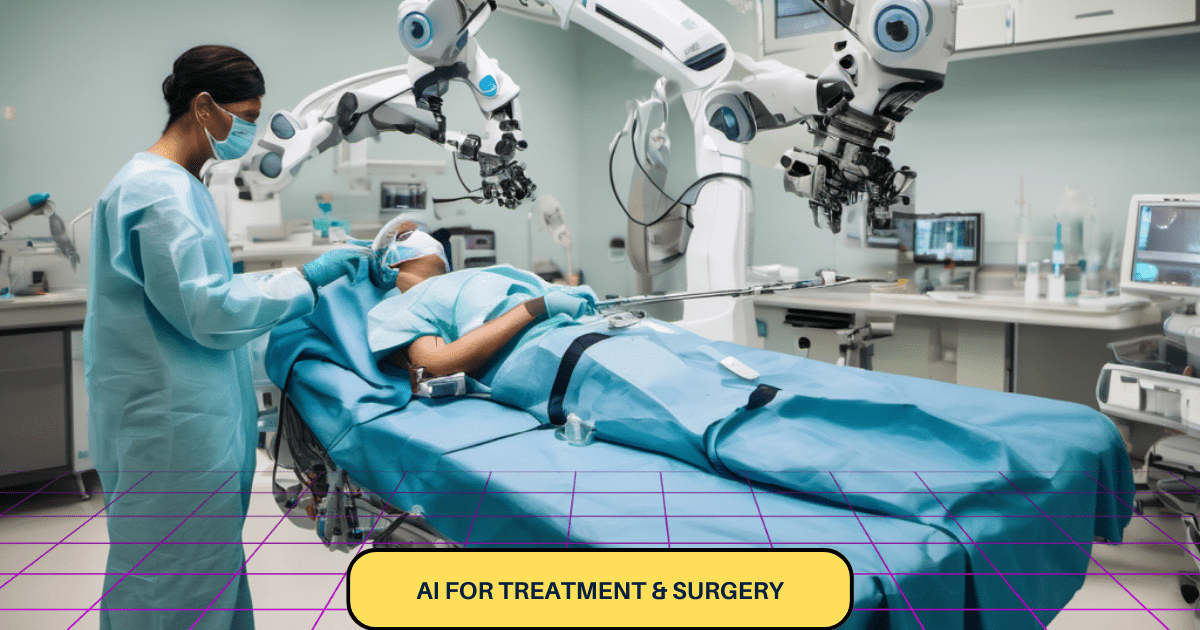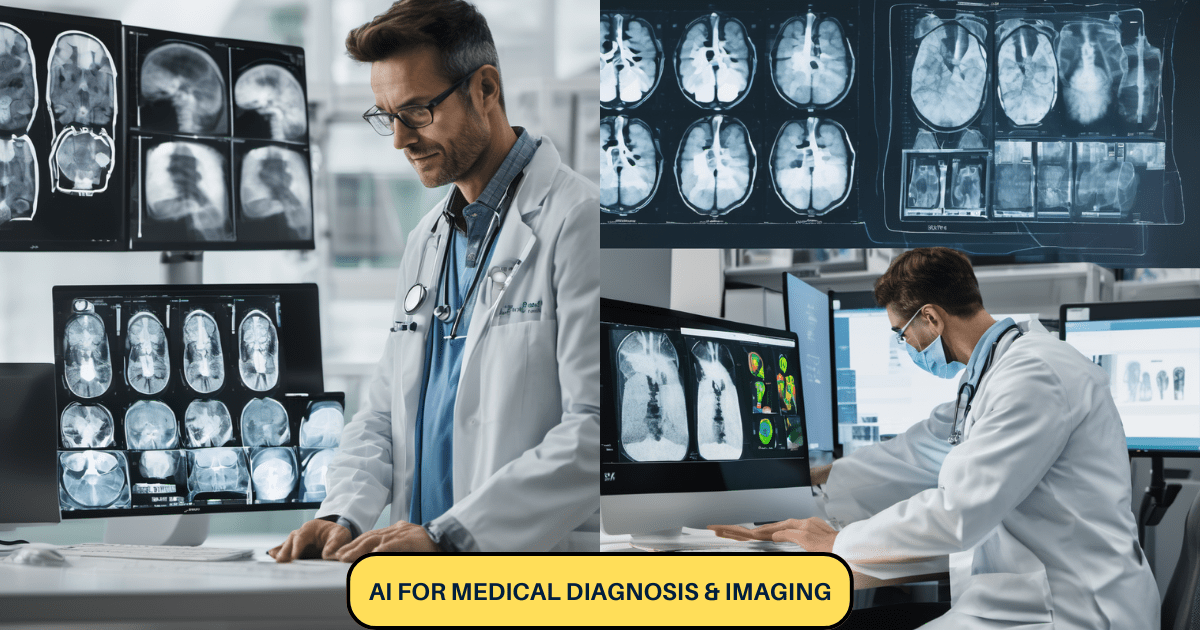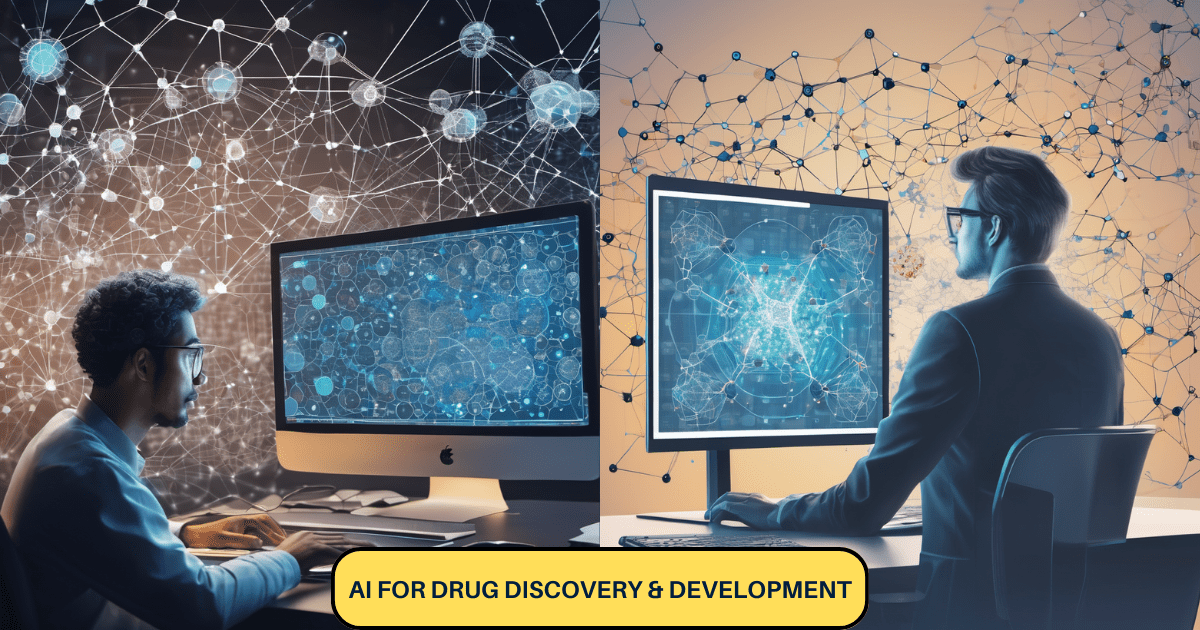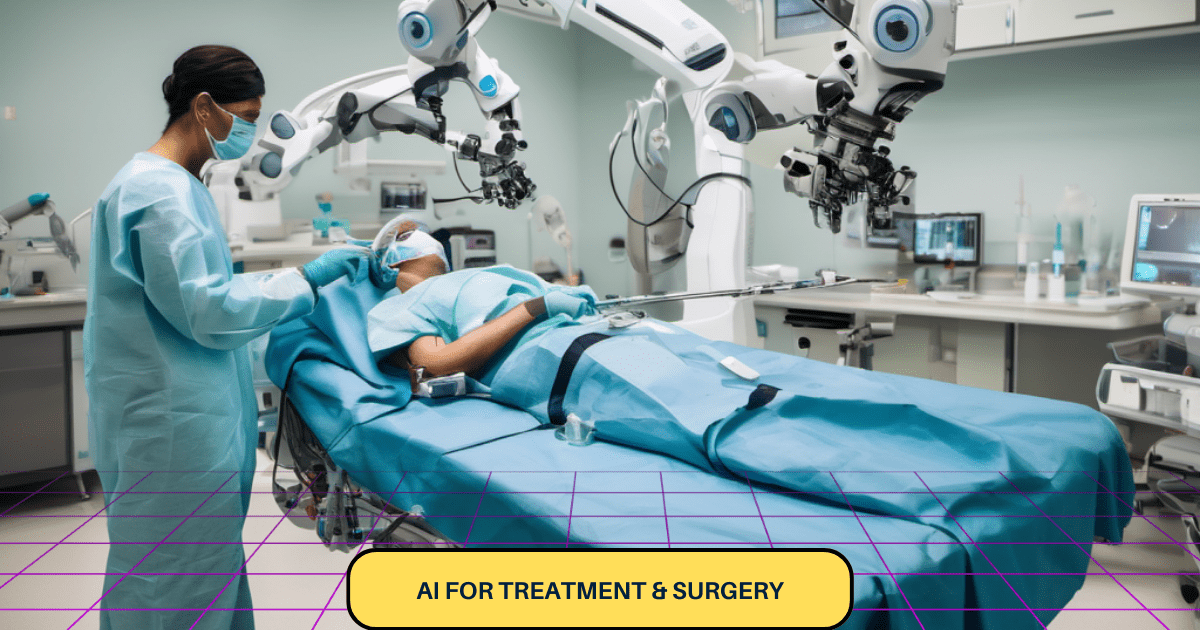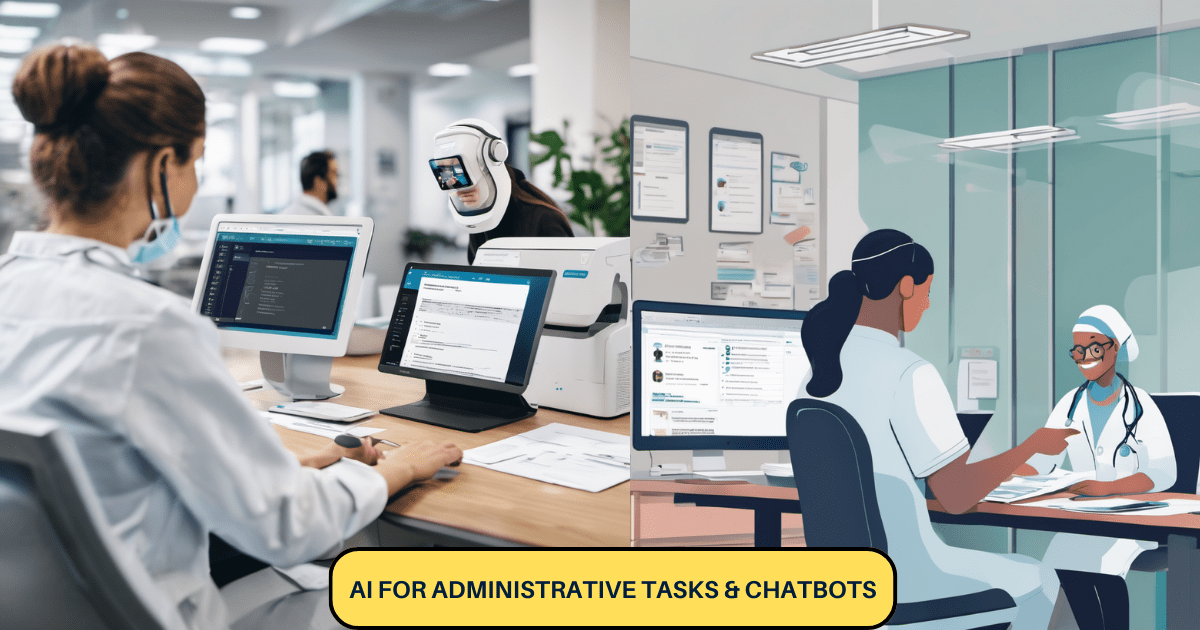The healthcare industry is undergoing a revolution driven by artificial intelligence (AI). AI in healthcare is rapidly evolving, impacting everything from medical diagnosis and drug discovery to robotic surgery and patient care. This blog post dives deep into the exciting world of AI in healthcare, exploring its current applications, future potential, and the considerations that come with this powerful technology. Let’s see how AI is transforming medicine with remarkable examples.
Artificial intelligence (AI) is rapidly altering industries worldwide, including healthcare. From diagnosing diseases with incredible accuracy to streamlining administrative tasks, AI is making waves in the medical field. This blog post dives deep into the exciting world of AI in healthcare, exploring its current applications, future potential, and the considerations that come with this powerful technology.
Understanding AI in Healthcare
Before we delve into specific examples, let’s establish a clear understanding of AI in healthcare. In simple terms, AI refers to the ability of machines to mimic human cognitive functions, such as learning and problem-solving. In healthcare, AI utilizes complex algorithms to analyze vast amounts of medical data, including patient records, imaging scans, and scientific research. By recognizing patterns and relationships within this data, AI can extract valuable insights that can be used to improve diagnosis, treatment, and overall healthcare delivery.
Think of AI as a doctor who gets better with every patient they see. As AI algorithms process more and more data, they become increasingly adept at identifying subtle patterns and making accurate predictions. This continuous learning process holds immense potential for revolutionizing healthcare.
Top Examples of AI in Action
AI’s applications in healthcare are as diverse as they are impressive. Here are some of the most noteworthy examples:
AI for Medical Diagnosis & Imaging:
One of the most promising areas of AI in healthcare is its ability to analyze medical images with exceptional accuracy. AI algorithms can now detect diseases like cancer in mammograms and lung scans with a higher degree of accuracy than some human radiologists. A study published in Nature found that an AI system could outperform radiologists in detecting breast cancer in mammograms, raising the possibility of earlier diagnoses and improved patient outcomes. [Provide link to the study in Nature here]. This technology not only frees up radiologists’ time for more complex cases but also holds immense promise for early detection of diseases, which is crucial for successful treatment.
AI for Drug Discovery & Development:
The traditional process of drug discovery and development is notoriously slow and expensive. AI is revolutionizing this field by analyzing vast datasets of genetic information, molecular structures, and clinical trials to identify potential drug targets and expedite the development of new medications. For instance, pharmaceutical giant GlaxoSmithKline (GSK) is utilizing AI to analyze massive datasets of genomic information to discover new targets for drug development. [Provide link to a source about GSK using AI for drug discovery]. This not only speeds up the process but also increases the chances of success, leading to the development of life-saving medications at a faster pace.
AI for Treatment & Surgery:
AI is also making significant strides in the realm of treatment and surgery. Robotic surgery systems powered by AI are now being used to perform complex procedures with enhanced precision and minimal invasiveness. These robotic systems allow surgeons to operate through tiny incisions, resulting in faster recovery times and reduced pain for patients. A recent study published in the Journal of Urology demonstrated that robotic-assisted surgery for prostate cancer led to fewer complications and shorter hospital stays compared to traditional laparoscopic surgery. [Provide link to the study in the Journal of Urology]. AI’s role doesn’t stop there. It’s also being explored for treatment planning, allowing doctors to personalize treatment strategies for individual patients based on their unique medical history and genetic makeup.
AI for Administrative Tasks & Chatbots:
The administrative burden on healthcare providers is significant. AI is streamlining these processes by automating tasks such as scheduling appointments, managing patient records, and handling insurance claims. Additionally, AI-powered chatbots are becoming increasingly common, providing patients with 24/7 access to information, appointment reminders, and basic symptom guidance. This frees up valuable time for medical staff to focus on patient care and reduces wait times for patients.
The Future of AI in Healthcare
The future of AI in healthcare is brimming with exciting possibilities. Here are a few glimpses of what’s to come:
- AI for Rare Disease Diagnosis: Diagnosing rare diseases can be a daunting task for doctors due to the limited information available. AI has the potential to revolutionize the diagnosis of rare diseases by analyzing vast amounts of genetic and medical data to identify subtle patterns that might otherwise go unnoticed.
- Virtual Nurses: AI-powered virtual nurses can provide remote patient monitoring and support, particularly in underserved areas with limited access to healthcare professionals. These virtual nurses can monitor vital signs, answer basic medical questions, and even provide emotional support to patients.
- Personalized Medicine: Personalized medicine, also known as precision medicine, is a rapidly evolving field that tailors medical treatments and preventative measures to an individual’s unique genetic makeup, environment, and lifestyle.
Challenges and Considerations
While the potential of AI in healthcare is undeniable, it’s important to acknowledge the challenges and considerations that come with this powerful technology. Here are some crucial issues to consider:
- Data Privacy: AI algorithms rely heavily on vast amounts of medical data to function effectively. Ensuring the privacy and security of this sensitive data is paramount. Robust data security measures and clear regulations are crucial to building trust and ensuring ethical implementation of AI in healthcare.
- Bias in Algorithms: AI algorithms are only as good as the data they are trained on. If the data used to train AI systems is biased, the algorithms themselves can inherit those biases. This can lead to inaccurate diagnoses or unfair treatment recommendations for certain patient groups. Mitigating bias in AI healthcare requires careful selection of training data and ongoing monitoring of algorithms to identify and address any potential biases.
- Transparency and Explainability: In some cases, AI algorithms can arrive at accurate conclusions without clearly explaining the reasoning behind them. This lack of transparency can be concerning for doctors and patients alike. As AI continues to evolve in healthcare, ensuring explainability of AI decision-making processes will be critical for building trust and ensuring responsible use of this technology.
The Road Ahead
Despite the challenges, the potential benefits of AI in healthcare are vast. By addressing these considerations and fostering collaboration between AI developers, healthcare professionals, and policymakers, we can harness the power of AI to create a future where healthcare is more accurate, efficient, accessible, and personalized for everyone.
Conclusion
AI is no longer science fiction; it’s a tangible reality transforming the healthcare landscape. From aiding in disease diagnosis and drug discovery to streamlining administrative tasks and revolutionizing surgery, AI is making significant contributions across the spectrum of healthcare. As AI technology continues to develop and mature, we can expect even more remarkable applications that will improve patient outcomes, empower healthcare providers, and ultimately lead to a healthier future for all.
Also Read: 10 Best AI Writing Software Tools in 2024: Boost Your Content Creation
